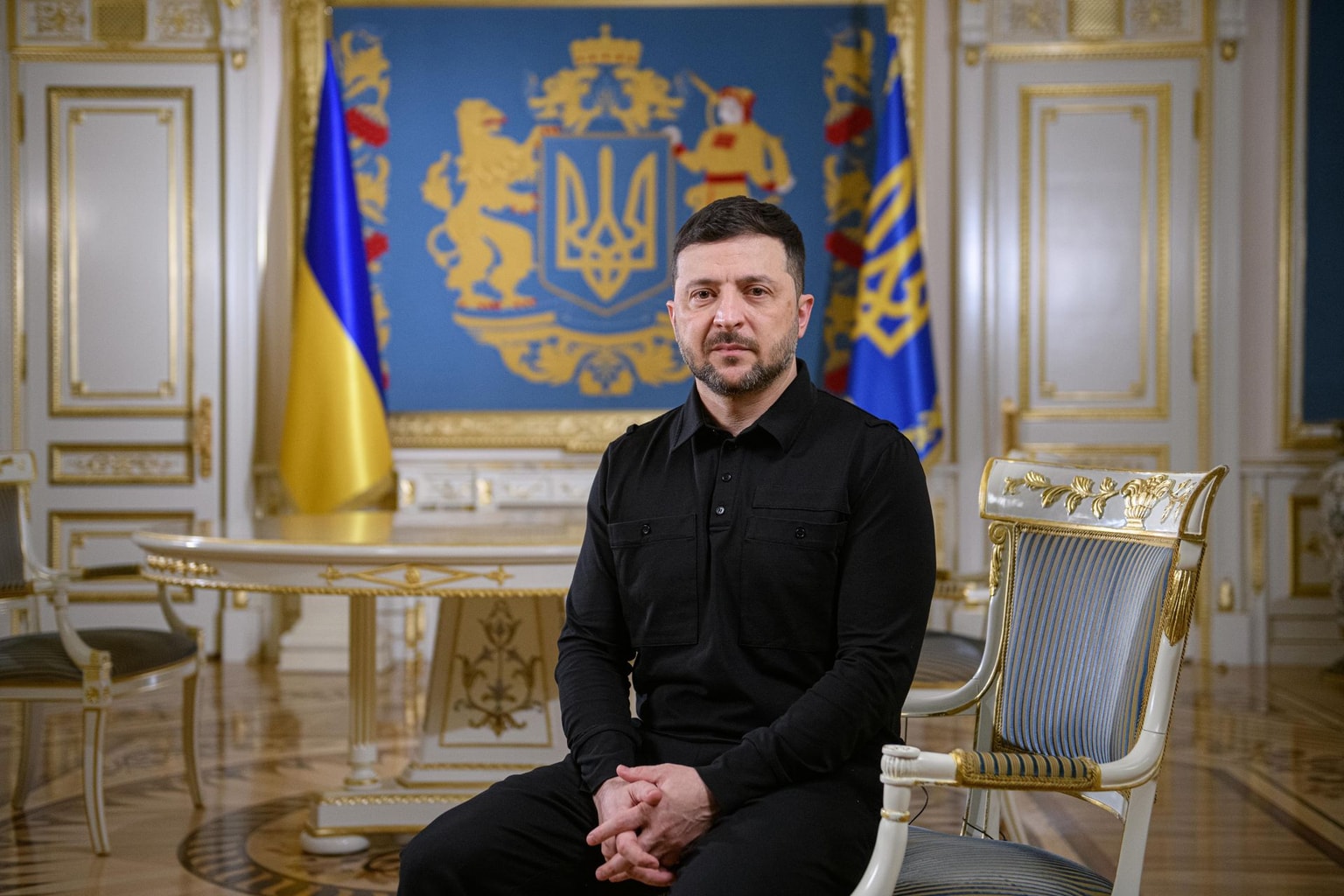Poroshenko arrest hearing: Prosecution asks for $37 million bail, court deliberates for 11 hours without result

Six hours into ex-President Petro Poroshenko's arrest hearing on Jan. 17, the judge left for the chambers, allegedly for a 20-minute break. He never reappeared in the courtroom.
After nearly six hours without the judge, the hearing was postponed until Jan. 19. Poroshenko left the courthouse.
"I'll see you all on Epiphany (celebrated in Ukraine on Jan. 19)," Poroshenko told several hundreds of his supporters who had been waiting in front of the courthouse for more than 11 hours.
Poroshenko returned to Ukraine on the morning of Jan. 17 after a one-month absence, and almost immediately went to the court hearing set to choose the pre-trial restriction measure for him.
However, the judge couldn't rule on the arrest, deciding to resume the hearing in two days.
Poroshenko was charged with high treason in December. He is suspected of conspiring with pro-Russian politician Viktor Medvedchuk to supply coal from the Russian-occupied territories in eastern Ukraine when he was president. If found guilty, Poroshenko faces from 12 to 15 years in prison.
Poroshenko has denied wrongdoing and called his prosecution politically motivated.
“It is an obstruction to my political activity both inside the country and abroad,” Poroshenko told Ukrainska Pravda on Jan. 17.

Judge Oleksiy Sokolov, who was presiding at the hearing, was appointed by Poroshenko in 2017. Later, the Public Integrity Council, which is tasked with auditing judges, ruled that Sokolov doesn't fit the integrity criteria.
What happened before: Poroshenko returns to Ukraine, faces possible arrest
From September through November, the Security Service of Ukraine (SBU) and the State Investigation Bureau leveled charges of treason and aiding terrorists against businessman Serhiy Kuzyara, pro-Kremlin lawmaker Viktor Medvedchuk and Volodymyr Demchyshyn, who was energy minister in 2014-2016 under Poroshenko, as part of the same coal supply case.
Medvedchuk allegedly negotiated the coal supplies with Russia and its proxies, as well as with Poroshenko’s administration, according to the investigators.
Poroshenko told Ukrainska Pravda that he never discussed coal with Medvedchuk and never met Kuzyara.
Ex-lawmaker Oleksandr Onyshchenko, a former ally of Poroshenko, claimed in 2016 that the former president’s top associate and lawmaker Ihor Kononenko had been getting $20 per ton from coal supplies coming from the Russian-occupied Donbas. Kononenko denied the accusations.
Poroshenko left Ukraine promptly on Dec. 18, after the State Investigation Bureau detectives tried to hand him a summons. Two days later, he was charged with high treason.
Dozens of investigations have been opened against Poroshenko since his successor, President Volodymyr Zelensky came to power in 2019.
So far, Poroshenko has been charged in two of them.
Apart from the treason case, Poroshenko was charged in June 2020 with abusing his power by appointing Serhiy Semochko as a deputy head of the Foreign Intelligence Service in violation of procedure. Since then, the case has seen no progress. Poroshenko denied the accusations.










